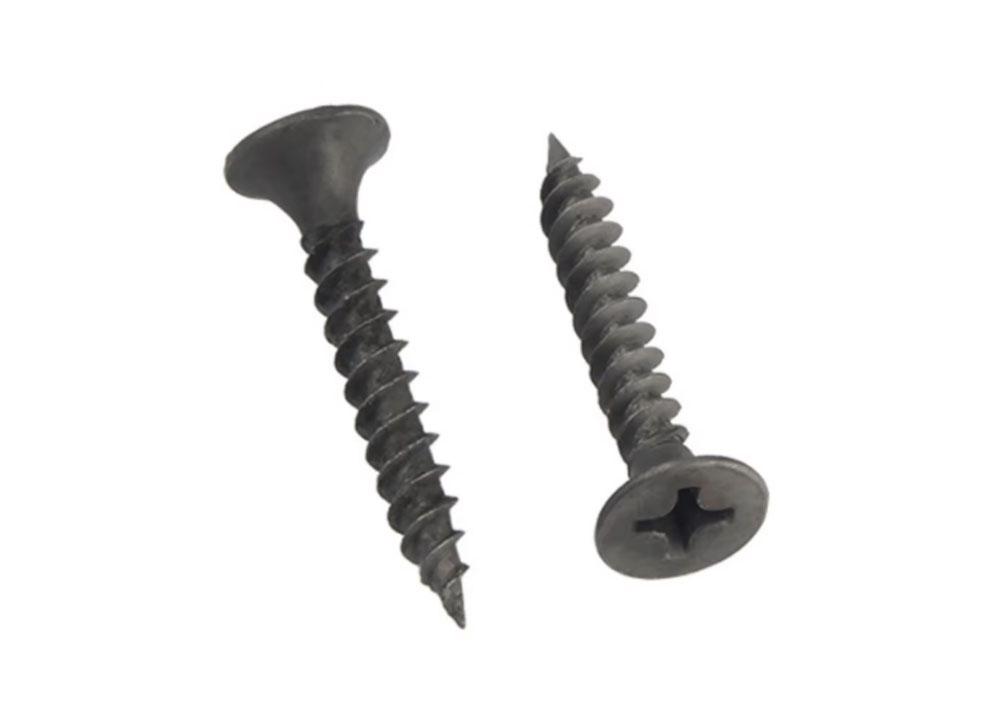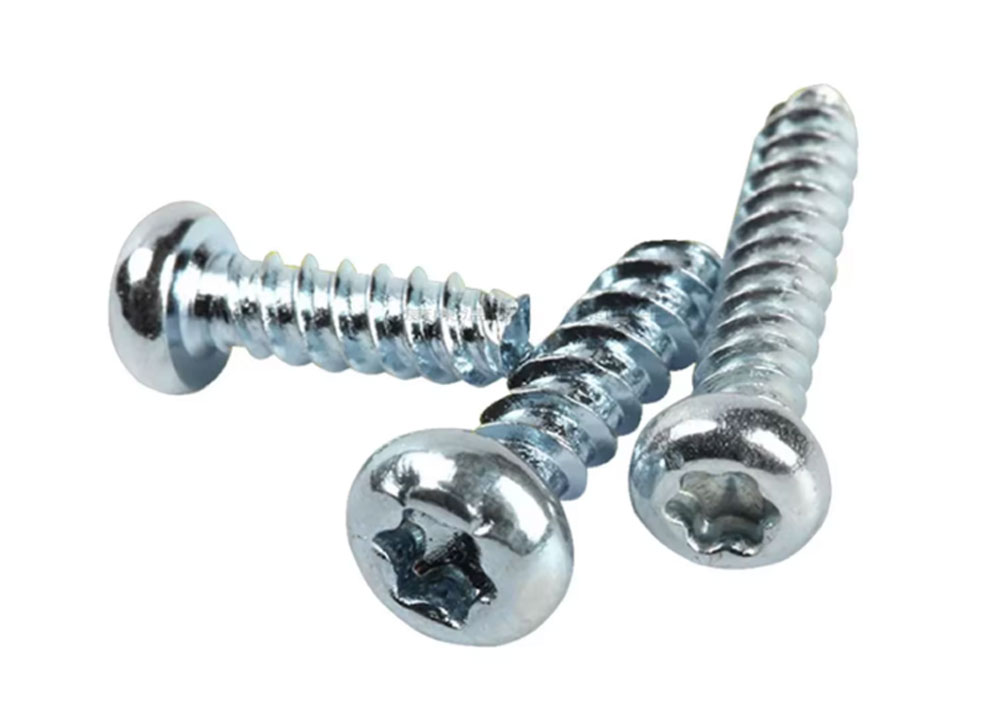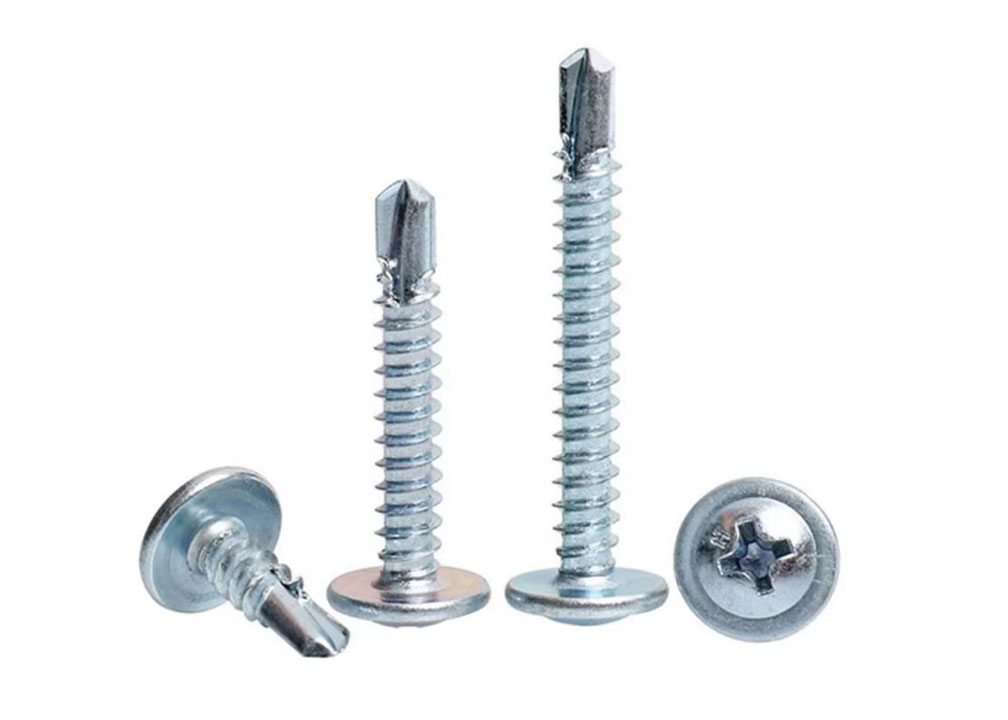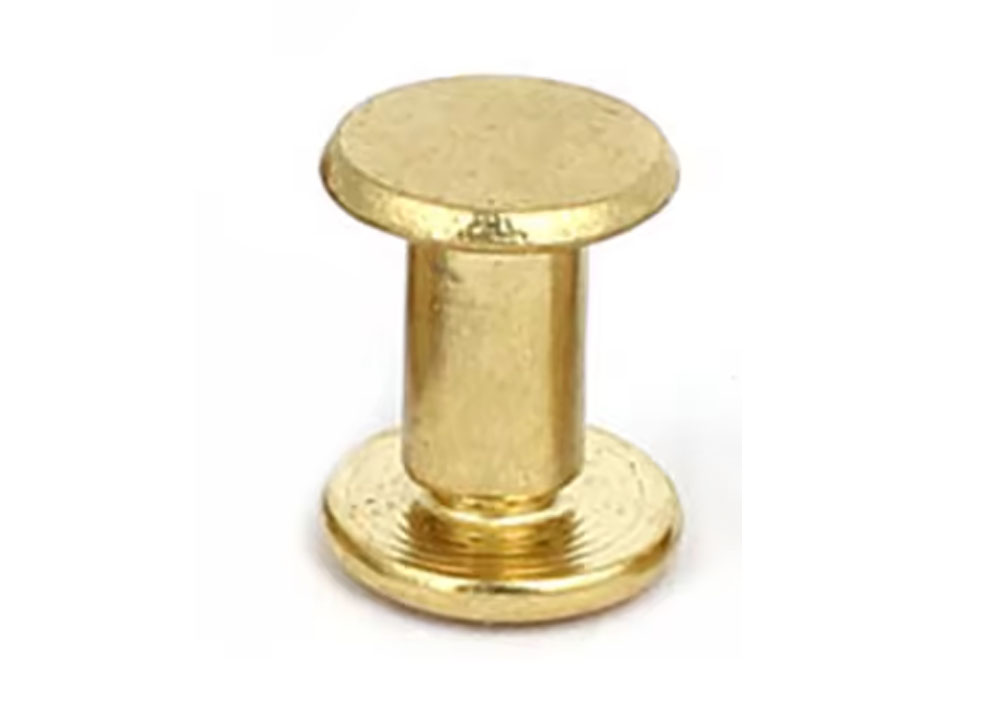Hotline: 4008816860
Hotline: 4008816860
Types of Screw Heads: Understanding the Basics
Screws are essential components in various industries, from construction to manufacturing.The choice of screw head type can significantly impact the efficiency, durability, and overall performance of a screw. This article will discuss the different types of screw heads and their applications.
1. Flat Head
Flat head screws have a conical bearing surface that is flush or slightly countersunk beneath the surface of the material. They are commonly used in applications where a smooth finish is desired, such as woodworking or metalworking. Flat head screws are also ideal for applications where a low profile is required.

Cross countersunk head tapping screw
2. Oval Head
Oval head screws have a rounded top with a flattened side, resembling an egg shape. These screws are commonly used in decorative applications where a rounded appearance is preferred. Oval head screws are also popular in woodworking, particularly for furniture making.
3. Round Head
Round head screws have a hemispherical top that is fully exposed above the surface of the material. They are often used in applications where a decorative or finished appearance is important, such as cabinetry and paneling. Round head screws are also common in automotive and aircraft construction.

Plum pan head flat tail screw
4. Pan Head
Pan head screws have a flattened, cylindrical top that is wider than the shank of the screw. They provide a larger bearing surface than flat head screws, making them ideal for applications where a stronger hold is required. Pan head screws are commonly used in sheet metal, plastic, and woodworking applications.
5. Truss Head
Truss Head screws have a low, rounded top that is narrower than the shank. They are designed to provide a strong hold with minimal protrusion from the surface. Truss head screws are often used in roofing, framing, and other structural applications.

Cross pan head with cushion self-drilling screws
6. Binder Head
Binder head screws, also known as hex washer head screws, have a hexagonally shaped top with a flattened bearing surface. The washer-like design allows for even distribution of pressure and increased holding power. Binder head screws are commonly used in heavy-duty applications such as machinery and automotive assembly.

7. Socket Head
Socket head screws, also known as Allen screws, have a hexagonal recess in the top of the head that allows for installation with a hex key or Allen wrench. These screws are often used in applications where torque control is critical, such as in precision machinery or aerospace components.
Conclusion
The choice of screw head type depends on the specific application and requirements. From flat head screws for a flush finish to socket head screws for precision torque control, each type of screw head offers unique advantages. Understanding the differences between screw head types can help you select the most appropriate screw for your project.